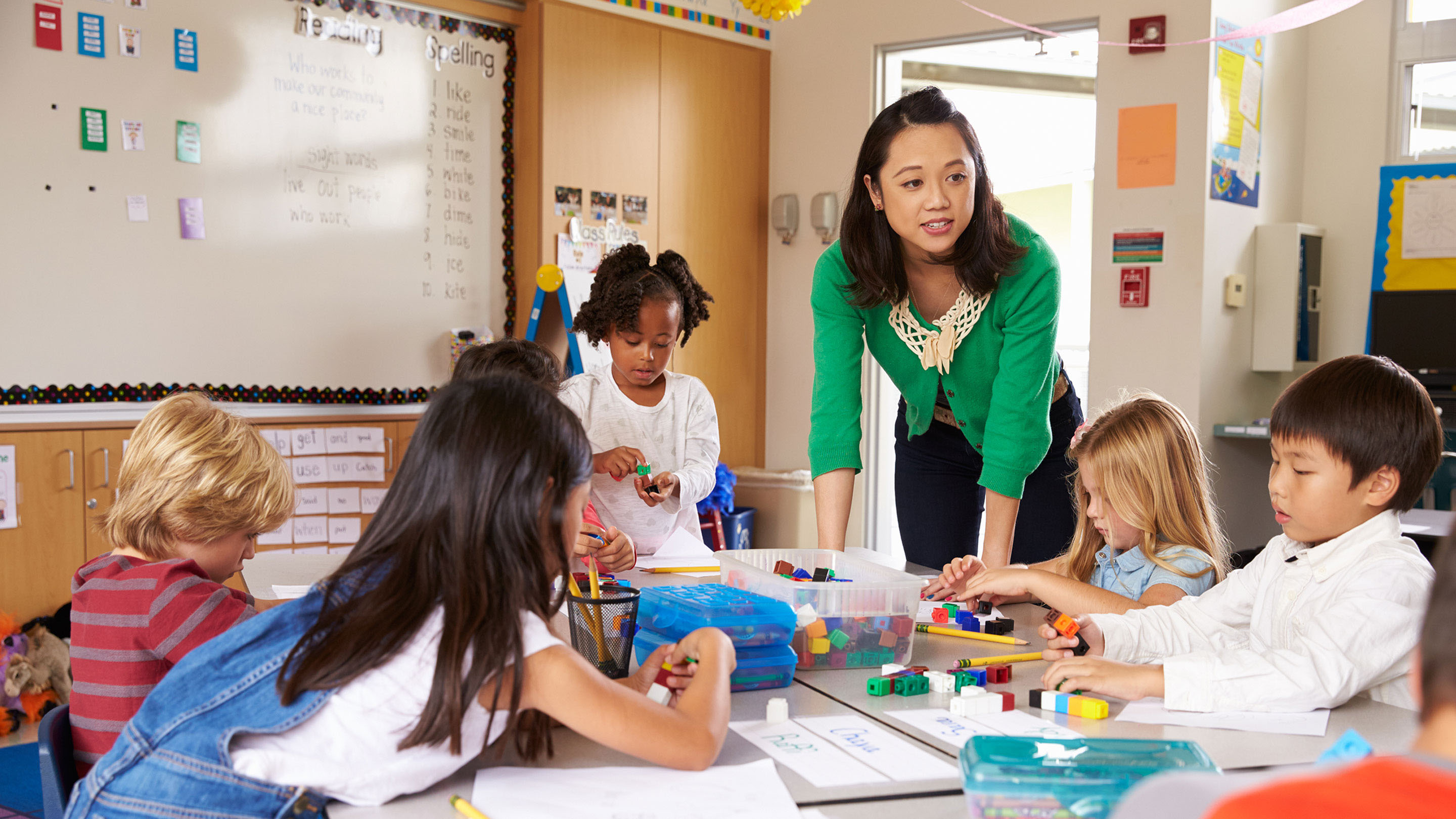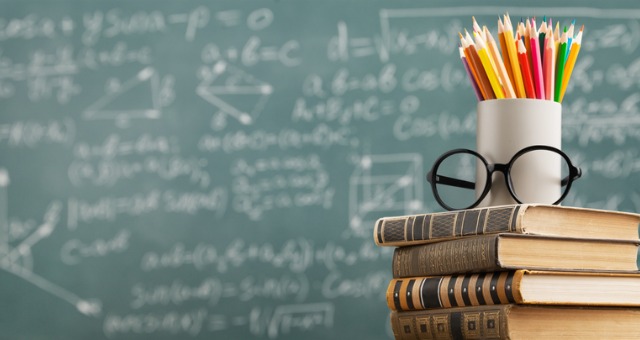Get Top Results with Primary Science Tuition Singapore from Experienced Tutors
Get Top Results with Primary Science Tuition Singapore from Experienced Tutors
Blog Article
Checking Out the Different Teaching Strategies in Primary Science Education And Learning Today
Inquiry-based understanding, hands-on experiments, and the combination of technology are redefining how instructors engage young minds. Furthermore, collaborative approaches and set apart instruction are being used to cater to the varied needs of pupils, enhancing both involvement and understanding.
Inquiry-Based Understanding
Inquiry-Based Discovering (IBL) is an instructional method that urges trainees to discover clinical concepts through questioning, examination, and hands-on testing. This approach highlights the duty of students as active individuals in their learning, advertising critical thinking and analytical abilities. By engaging with real-world concerns, pupils come to be interested and determined, which boosts their understanding of scientific principles.
In IBL, instructors work as facilitators, leading pupils as they navigate their queries instead than providing details directly. This student-centered method enables distinction, accommodating numerous discovering styles and speeds. Trainees create skills in creating theories, making experiments, and evaluating information, which are crucial for scientific proficiency.
Additionally, IBL promotes partnership among students, urging them to share ideas and searchings for. This cumulative inquiry advertises social abilities and a sense of neighborhood within the class. The process of query urges resilience, as trainees discover to welcome failure as a tipping rock toward understanding.
Hands-On Experiments
Hands-on experiments are an important component of reliable scientific research education and learning, complementing the concepts of inquiry-based understanding. These experiments permit trainees to involve directly with scientific concepts, cultivating a deeper understanding via experiential discovering. By manipulating materials and observing results, young learners can comprehend abstract theories in concrete means.
Such tasks advertise vital thinking and analytic skills, as trainees assume end results, conduct experiments, and evaluate outcomes. This process urges them to ask concerns, refine their understanding, and establish a clinical frame of mind. Hands-on experiments can be customized to diverse understanding styles, making certain that all students have the chance to engage meaningfully with the content.
Additionally, hands-on experiments often encourage partnership amongst peers, promoting teamwork and communication skills. Operating in groups enables students to share ideas, discuss searchings for, and find out from each other, which enhances their total academic experience.
Including hands-on experiments right into the key science curriculum not only enhances the discovering setting yet additionally grows a long-lasting interest in scientific research. By proactively taking part in their education and learning, students are more most likely to create an interest for scientific inquiry that prolongs beyond the classroom.

Technology Combination
Incorporating modern technology right into key scientific research education has ended up being progressively necessary in fostering student involvement and boosting discovering end results. The usage of electronic devices, such as interactive simulations, online laboratories, and instructional software program, supplies trainees with chances to discover clinical ideas in innovative means. These sources help with a deeper understanding of complicated subjects by allowing learners to visualize and adjust variables that would be unwise in a standard classroom setup.
In addition, innovation combination encourages individualized learning experiences. Trainees can progress at their very own speed, taking another look at tough principles with multimedia resources, which accommodate different learning designs. This versatility not just supports private growth yet likewise grows a sense of freedom in students.
Additionally, modern technology acts as a bridge to real-world scientific research, attaching students with present research and professional payments. Accessibility to scientific journals and online databases widens trainees' viewpoints on scientific query and fosters important thinking skills.
Collaborative Understanding
Collaborative understanding plays a crucial duty in primary science education and learning by promoting synergy and interaction skills among students. This technique urges learners to interact, share understanding, and take part in analytic, view it now which enhances their understanding of scientific principles. By participating in group activities, trainees find out to articulate their ideas, pay attention to varied viewpoints, and work out options, every one of which are important abilities in both scholastic and real-world contexts.

Research suggests that collaborative learning can lead to enhanced motivation and engagement in scientific research subjects, as pupils locate satisfaction in common experiences (primary science tuition Singapore). In addition, this strategy prepares students for future joint undertakings, equipping them with the abilities required for effective teamwork in greater education and professional atmospheres. Eventually, welcoming joint knowing in primary scientific research education can substantially enhance the knowing experience and advertise a deeper understanding of clinical query
Set Apart Instruction

Differentiated guideline can manifest in numerous means, such as differing the web content, processes, or products of discovering. For example, instructors may make use of tiered assignments that supply differing levels of complexity, permitting students to function at their corresponding readiness degrees. In addition, flexible grouping techniques can promote partnership among students with various capacities, fostering peer understanding.
Analysis plays an important function in this approach, as it notifies instruction and helps educators understand each trainee's special demands. Developmental analyses, such as tests and monitorings, can assist teachers in adjusting their techniques to improve learning end results. primary science tuition Singapore. Ultimately, by carrying out set apart instruction in key scientific research education, educators can cultivate an extra reliable and fair discovering environment, encouraging all students to reach their complete potential in understanding scientific sensations
Verdict
In recap, the varied training techniques in key science education, consisting of inquiry-based learning, hands-on experiments, technology assimilation, collaborative learning, and distinguished instruction, jointly add to an extra reliable understanding setting. These methods advertise important thinking, analytic skills, and a much deeper comprehension of scientific concepts. By carrying out these strategies, instructors can produce engaging and encouraging class that attend to the diverse demands of pupils, eventually promoting a long-lasting rate of click reference interest in science and enhancing scholastic accomplishment.
Inquiry-Based Learning (IBL) is a pedagogical method that encourages trainees to explore clinical principles via wondering about, investigation, and hands-on testing.Joint understanding plays an important function in main science education by fostering team effort and interaction skills among trainees.Research shows that joint understanding can lead to enhanced inspiration and involvement in science subjects, as trainees locate satisfaction in common experiences.In cultivating an inclusive knowing atmosphere, set apart instruction arises as a crucial method to accommodate the varied needs and abilities of trainees in key scientific research education and learning. Inevitably, by carrying out set apart instruction in main science education, instructors can grow an extra equitable and effective knowing atmosphere, empowering all students to reach their full potential in understanding clinical phenomena.
Report this page